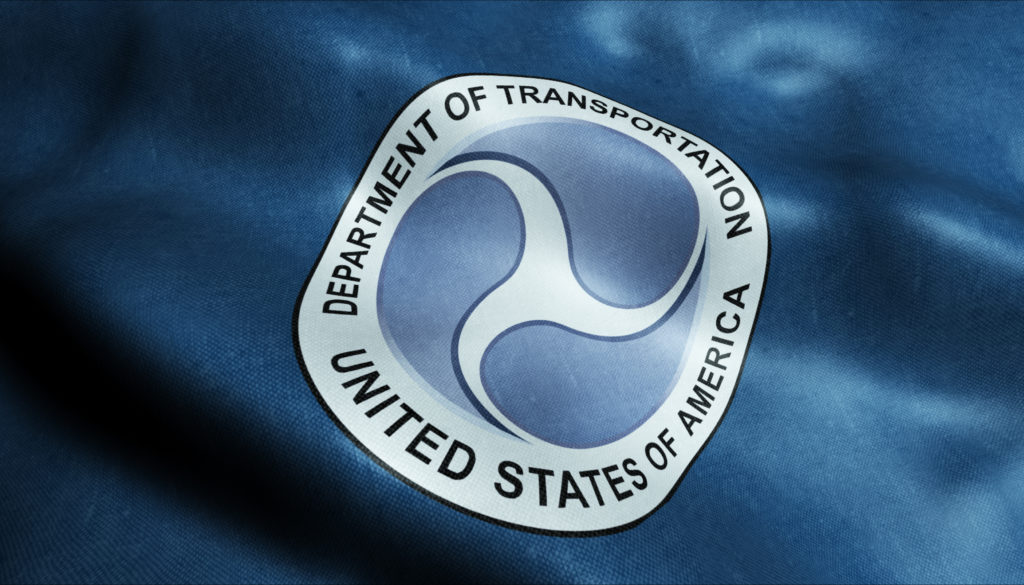
Announced officially on May 14th, the Federal Motor Carrier Safety Administration made a final ruling regarding hours-of-service regulations, bringing flexibility among its four revisions for truckers, such as relaxing current mandatory 30-minute rest breaks and sleeper berth time splits.
“Starting on September 29th, 2020, truck drivers subject to Federal Motor Carrier Safety Regulations (FMCSRs) will be required to comply with the revised hours-of-service regulations,” FMCSA said in a recent tweet.
The final rule was formally implemented in late September, and brings boosted flexibility to truck driver rest break rules by only requiring a break after eight hours of consecutive driving and permitting the break to consist of an “on-duty, not driving” status instead of the previously-necessary “off-duty” status. Drivers will also have changed short-haul exceptions by the expansion of a maximum on-duty driving period from 12 to 14 hours and the lengthening of the distance limit for operation from 100 air miles to 150 air miles.
The new rule also changes adverse driving condition regulations by stretching the maximum window of permitted driving in challenging conditions by two hours. It also allows drivers to divide their required 10 hours of off-duty time into two different possible split periods–an 8/2-hour split or a 7/3-hour split–neither of which would count against the trucker’s 14-hour driving window.
Now, three organizations, along with the Teamsters union, have decided to file a petition in federal court opposing these regulation changes.
The petitioners include the Advocates for Highway and Auto Safety, Citizens for Reliable and Safe Highways, and Parents Against Tired Truckers, along with the Teamsters. The groups filed the petition in mid-September in the U.S. Court of Appeals for the District of Columbia Circuit.
This legal action comes after the groups had a petition for reconsideration denied by the FMCSA, and now, the petitioners are requesting that the court reviews the final ruling as well as the denial of their petition to the agency.
“Because they’ve rejected that petition, now, we’ve filed a petition with the U.S. Court of Appeals in the D.C. Circuit–so, it’s kind of the next step in the process,” said general counsel for Advocates for Highway and Auto Safety, Peter Kurdock. “This is just the first step in a very long journey.”
Because the final rule was scheduled to be put into effect at the end of September, Kurdock knew early on that efforts of the petition would last longer than the date of implementation.
“This action that we’ve taken in filing the petition with the U.S. Court of Appeals is really not going to affect that date,” he explained. “This is a lengthy process. In all likelihood, the rule is going to go into effect at the end of September, and this process will continue after that date.”
The petitioning groups have made clear their beliefs that the regulation relaxations within this final rule will worsen the already-dire problems surrounding driver exhaustion.
“I fall asleep on the job, my head hits the keyboard,” said Cathy Chase, President of the Advocates for Highway and Auto Safety. “If a truck driver falls asleep, his [or] her head hits the windshield, and that’s only part of the catastrophic outcome. Allowing operators to work longer hours and drive farther distances without proper rest breaks and other protection ignores science, data, and expert opinion.”
It makes sense that many truckers would want the option of driving more hours, and that trucking companies are happy to push truckers’ abilities to their limits in order to meet higher demands–especially demands following the spike in food, household goods, PPE, and medical resource delivery orders that came with the pandemic. However, opposers of the new rule are certain that the industry is only catering to these desires to fulfill orders and remain profitable–rather than prioritizing roadway safety for all.
“By issuing this HOS regulation, FMCSA has bowed to special trucking industry interests at the expense of highway safety, seeking longer work days for drivers who are already being pushed to the limit,” said James Hoffa, General President of the Teamsters union. “We joining this lawsuit to ensure that our members and their families are protected from fatigued drivers when they use our nation’s highways.”
Reader Interactions